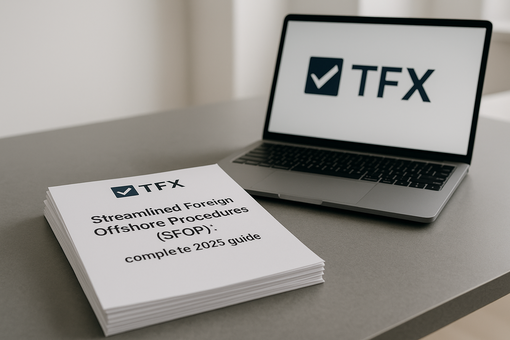Ways in Which Your Social Security Benefits May be Reduced if You Live Overseas

Living overseas can affect the manner in which your Social Security payment amounts are calculated.
When US Citizens decide to live as US Expats in another country, there are numerous factors of an overseas lifestyle which have an impact on how Social Security distributions are calculated. In this piece, we will take a look at how some aspects of living abroad as a US expat can affect Social Security.
In the US Social Security system, credits are earned based on work performed. These credits determine the amount of Social Security you will receive and the time in which you can begin receiving distributions.
Before you qualify to receive Social Security benefits in the United States, you must have earned a certain amount of credits. The amount of credits required for all US Taxpayers who were born after 1929 is currently set at 40. This is equivalent to roughly 10 years of active work in the US.
Upon receiving your qualifying credits for Social Security, the benefit amount you would earn is calculated. To calculate your benefit amount, the Social Security Administration considers the amount of your earnings and the age at which you are retiring. Your benefit amount increases with higher income levels and a later retirement age. The Social Security Administration offers a Social Security calculator to help you determine the amount of Social Security benefits for which you will qualify when you retire.
If you work overseas and earn foreign income which is not subject to Social Security withholding, the formula to calculate your Social Security benefit amount is adjusted. In cases such as these, the Windfall Elimination Provision may reduce your benefit amount.
So, what is the Windfall Elimination Provision? The United States Government came to the conclusion that those who work for wages which are not subject to Social Security withholding should not receive the same Social Security benefits as those who did earn income covered by the US Social Security system.
If you are receiving foreign private pension distributions or foreign Social Security payments, the amount of US Social Security benefits you receive will be reduced. The standard reduction rate of your US Social Security payments is $50 for every $100 you receive in foreign pension or Social Security. This amount may change if you have spent a sufficient amount of working years in the United States and less time working in your host country. If you have spent the majority of your working years in a foreign country working for a foreign establishment and earning foreign income, your Social Security distributions from the United States may be reduced further.
The Social Security Administration uses a variety of other tests to determine the rate at which your Social Security benefit amount will be reduced.
The primary test utilized by the Social Security Administration to determine your benefit amount is the Foreign Work Test. The Foreign Work Test mandates that Social Security benefits are reduced after a US Citizen works 45 hours per month or more in a foreign country. This applies to both individuals who work as employees and those who are self-employed.
The Foreign Work Test also applies if the employee is exempt from US Social Security withholding due to an active Totalization Agreement between the United States and the foreign country in which work is being performed.
The Foreign Work Test does not apply if you have already reached retirement age before moving abroad. It also doesn’t apply if you are still employed by a US Employer and you are earning US-sourced income while working overseas. If your foreign income is subject to Social Security withholding, your benefits may still be reduced if your income exceeds the annual exemption threshold, which changes every year. Your benefit amounts will be reduced by $1 for every $2 you earn over the established threshold. When you reach retirement age, the reduction amount will be reduced to $1 for every $3 above the threshold.
You may continue to receive Social Security distributions if you move overseas after retirement as long as you move to a country to which Social Security payments can be sent. You will also want to research any restrictions or limitations on receiving Social Security in the foreign country you choose to reside.
Like many retirees, you may decide to spend your retirement years in a foreign country. If you are planning on retiring abroad, you’re going to want to perform some due diligence to ensure the United States will send your Social Security payments to your host country. There are certain countries with sanctions to which the Social Security Administration will not remit payments. There are other countries with a variety of limitations and restrictions on receiving Social Security benefits. With this in mind, you may want to consult with a US expat tax professional familiar with receiving Social Security abroad.



